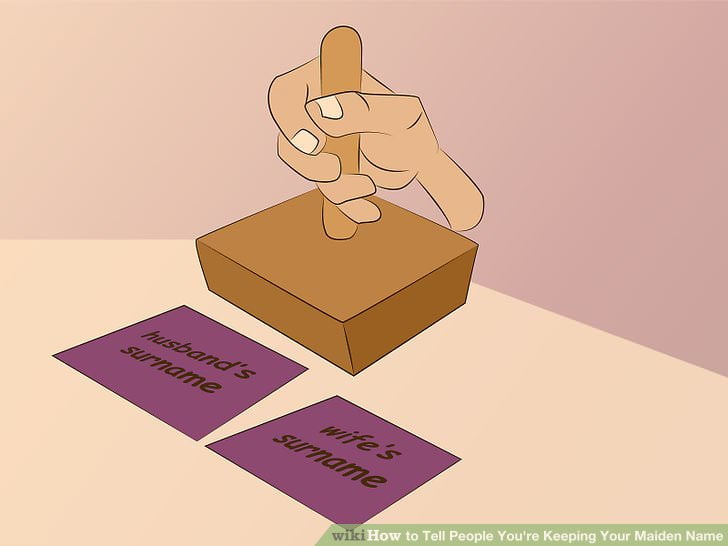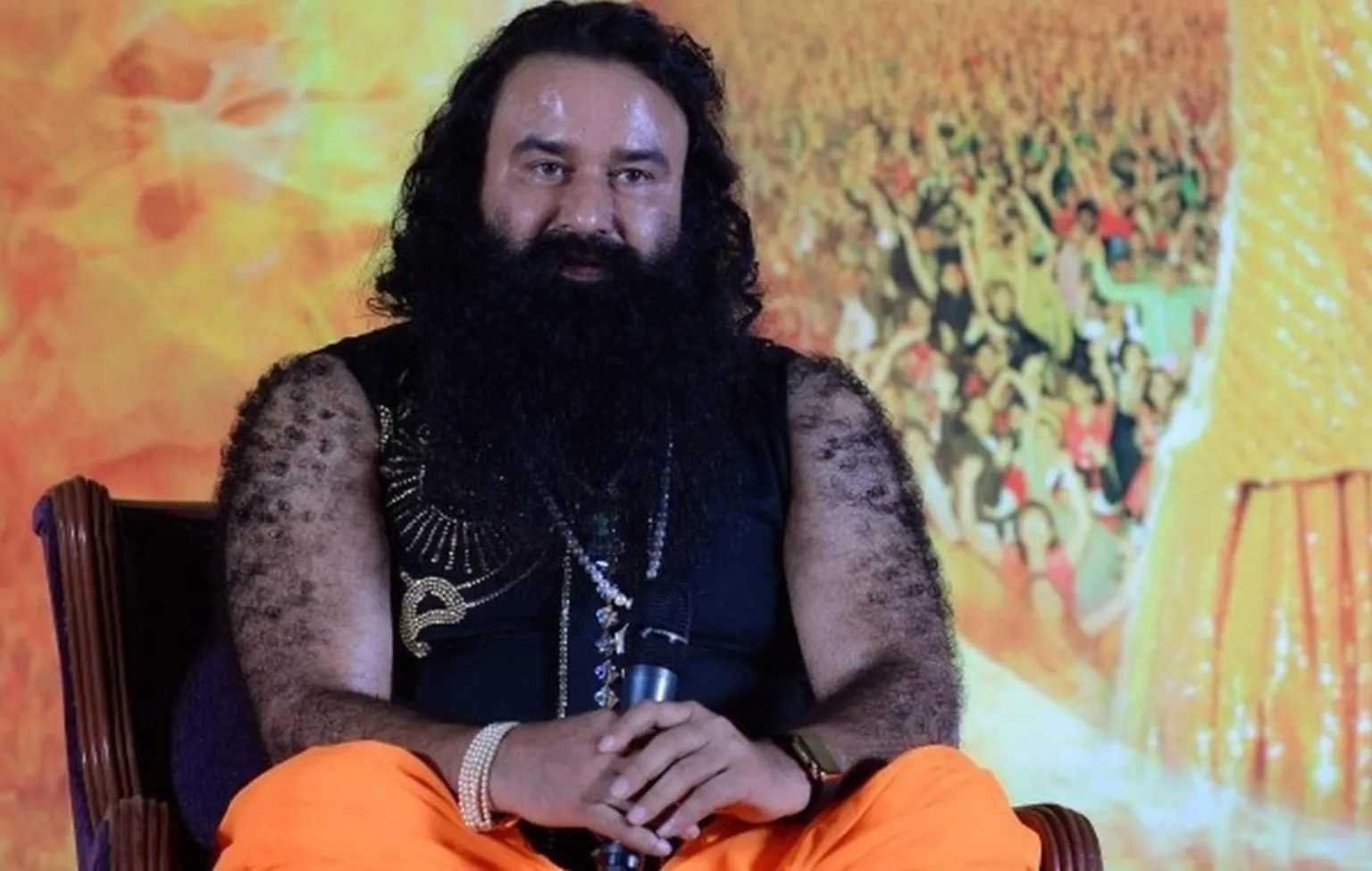“So why did you change your last name after marriage?”
She said, “I don’t know, but my father told me that it’s the right thing to do.”
This has been a conversation that any one of us must have been a part of many times. Right from believing that it’s mandatory for women to change their maiden name post-marriage, to making it socially obligatory for them, exposes the general lack of awareness about a woman’s right to safeguard her own identity.
A lot of confusion was created due to the misreporting by some of the media outlets about PM Narendra Modi’s claims regarding women being allowed to keep their maiden names on Passports. It appeared that his statement was falsely reported as he was mostly talking about divorced or single mothers, who are no longer required to submit marriage certificates or divorce deeds or use their husband’s name to acquire a passport.
This misreporting further caused an unnecessary chaos on the social media as it has always been legal in India for a woman to keep her maiden name. Many women came forward saying that they had never felt a need to change their names and they still had passports. But there is no doubt that it has been culturally obligatory for women to take their husband’s name immediately after marriage. Also, there is no doubt that we as a society have not explored this very critically.
the concept of a maiden name is only associated with the wife. There is no concept for a maiden name for a man.
It is not clear since when Indian women started taking their husbands names after marriage. However, all over the world, in different cultures, the concept of a maiden name is only associated with the wife. There is no concept for a maiden name for a man. The traditional reason being that post marriage, women leave their father’s house and family to live with her husband and provide descendants to his family. It also signifies that a woman is a possession of her husband.
It also advocates the general notion that fathers take care of a woman before marriage and then the husbands take over after, hence they must take their names. This patriarchal system has been affecting women for many generations, where women’s honour and respectability is tied to them “belonging” to some male patriarch – either a father or husband.
Moreover, it is considered very natural or organic for women to change their maiden names as soon as they get married. Those who refuse or simply do not want to change their name are often termed as ‘feminist’, ‘out of bounds’ and even ‘uncultured’.
women are not legally obliged to give up their maiden name. They can take up any name that they want.
It may look like a formality or a non-issue to many, but it is not. It is not just a name, it is a woman’s identity. Till 2012, any woman seeking divorce or any marriage-related petitions was forced to write their husband’s name and surname along with her first name. This law was amended due to the petition in Bombay High Court by the group Majlis led by lawyer and activist Flavia Agnes. This change also reinstated the fact that women are not legally obliged to give up their maiden name and can take up any name that they want.
All over the world, especially in Great Britain, France and USA, there have been feminist movements rebelling against the tradition of changing the maiden name. UK based researcher and writer Dr. Sophie Coulombeau studied some of these movements.
She cites the example of Lucy Stone, a suffragist, and a champion of women’s rights in US. Lucy Stone decided to keep her maiden name after she got married in 1854. She had to legally fight for her right to keep her maiden name. The suffragist was not allowed to vote in 1879, because she refused to use her husband’s last name. Inspired by her efforts, a Lucy Stone League was formed by prominent women in USA. Its mission statement was “A wife should no more take her husband’s name than he should hers. My name is my identity and must not be lost.” This group succeeded in making sure that women could legally keep their maiden names on all the official documents in US. The group was so popular that ‘Lucy Stoner’ became a recognised term and was also included in the dictionary. So, all those women who keep their maiden surname after marriage were called as ‘Lucy Stoners’.
The decision to change or not to change her name post marriage must remain with a woman as it’s a matter of her identity.
In the 70s, India witnessed feminist movements opposing child marriage, dowry, bride burning and domestic or sexual violence. It was at this time that the question of whether the woman should wear a mangalsutra and whether they should keep their maiden name was discussed. But the issue was not really given much importance. Few urban Indian women with increasing awareness are choosing to keep their maiden names but many still succumb to societal and familial pressures.
Thus, this is not an issue which can be taken lightly or shrugged off with Shakespeare’s famous quote, ‘What’s in a name?’. The decision to change or not to change her name post marriage must remain with a woman as it’s a matter of her identity. It should be recognised as her right and it helps retain equality within marriage.
As Dr Coulombeau perfectly sums up, “To abandon my surname and take that of my partner would mean abandoning Sophie Coulombeau, along with all the errors, achievements and resonances she created over thirty years. I would become, first and foremost, my husband’s wife. And that’s not the whole of me.”
About the author(s)
Currently pursuing a Master's degree in Women's and Gender Studies. I am an entrepreneur and a freelance writer. Interested in pursuing real stories, social issues and women's issues.




